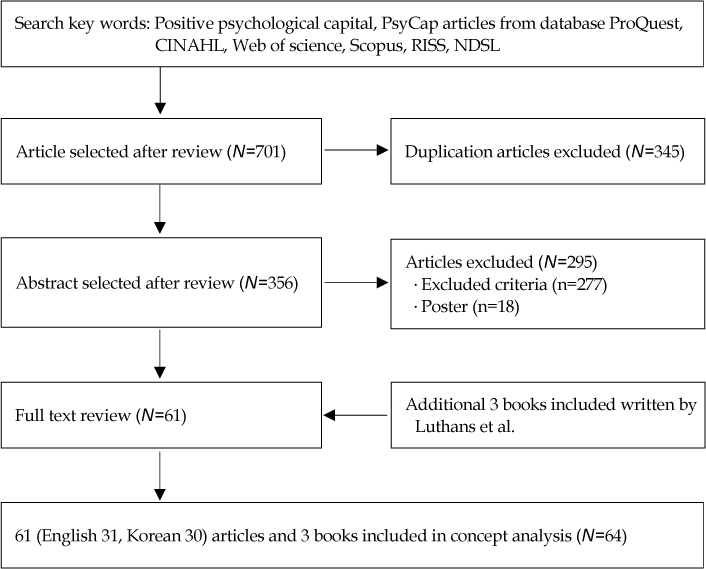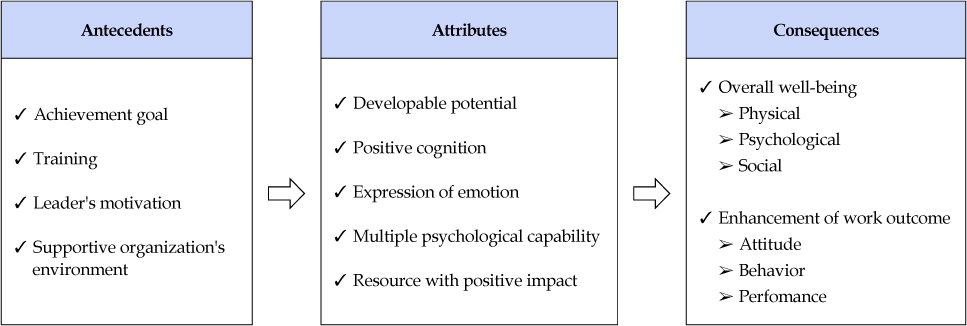1Graduate School of Nursing, Hanyang University, Korea.
2Division of Nursing, Hanyang University, Korea.
Copyright © 2017 Korean Academy of Nursing Administration
This is an open access article distributed under the terms of the Creative Commons Attribution Non-Commercial License (http://creativecommons.org/licenses/by-nc/3.0/), which permits unrestricted non-commercial use, distribution, and reproduction in any medium, provided the original work is properly cited.

